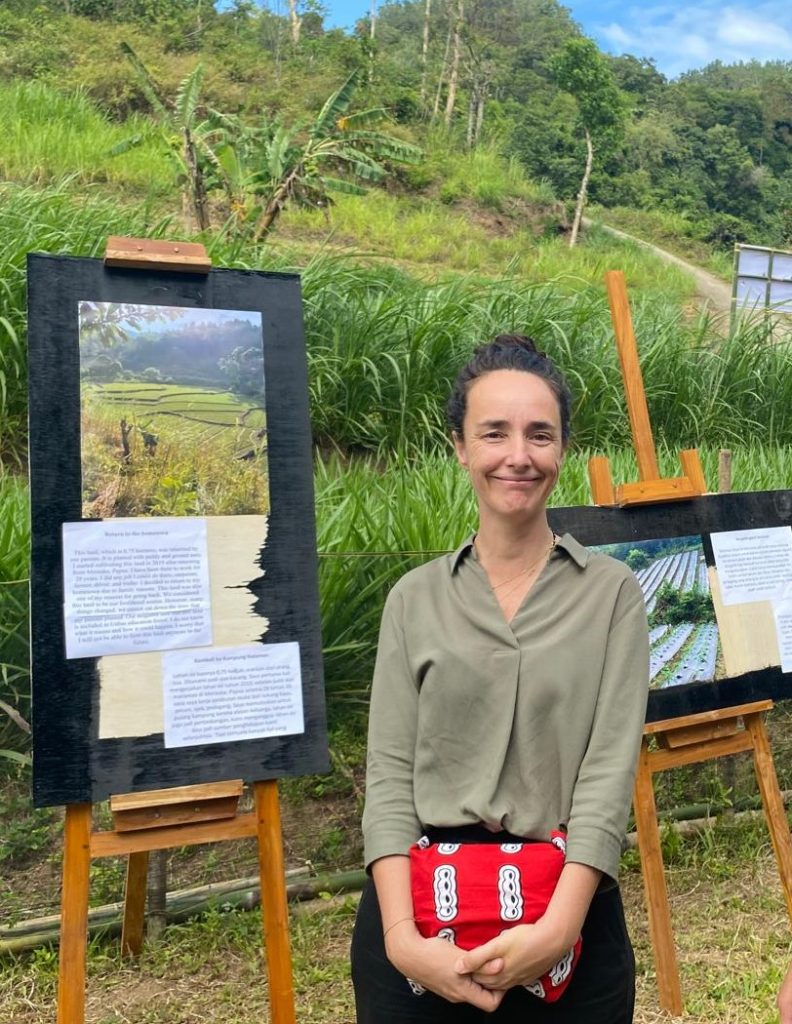Tina Lain is currently the Director and Site Manager at Upemba National Park, which is located in the southern part of DR Congo. She has worked in DRC for over 15 years, collaborating with conservation initiatives and local civil society organizations that focus on communities and conflict resolution.
How do you see the frontiers? What does it mean to you?
First, I always see the frontiers as a whole landscape, and not just the park. The frontiers are where the last habitats for wildlife are still intact, and ecosystems are still functioning. I also see, very visibly, that “development” is closing in towards these frontiers at a rapid pace. Every week, we see new roads being constructed to transport minerals across the land, and along these roads come with new settlements. Second, frontiers are also a place where there is a sense of isolation, a space placed between where preservation and development are both taking place.

How did you become involved in what you are doing today?
I previously worked for and with local civil society organisations in DRC, as an “activist” contesting, among other things, oil development in different regions and especially in and around protected areas. We worked on capacity building and facilitating development for local communities, to bring their voices to top level decision-makers. I moved away from activism to manage the Upemba National Park, but the fight is still the same—to protect landscapes and also work towards sustainable development. One thing I learned from my experiences is that without long-term support from donors and partners, we cannot carry out and follow-up with the work we proposed to do, because the changes we want to make requires a lot of time and effort.
What does a fair and equitable future in forest-agriculture frontiers in Upemba look like?
Where both people and nature are respected, for their own values. I still see development taking place where humans and nature are discussed and treated as either/or. If we are to work towards an equitable future, we need to value and recognize the interconnection between humans and nature, because when we stop caring for one, we also stop caring for the other. We are still not looking at nature as equal to humans, at a spiritual level either.
There are strong examples of this in indigenous traditions, such as Pachamama and Mother Earth. In Latin America, such as Ecuador and Bolivia, these values are embodied in the Rights of Nature, which is adopted in the Constitution. Article 71 of Ecuador’s Constitution states that Nature (Pachamama) has the right to integral respect for its existence and for the maintenance and regeneration of its life cycles, structure, functions and evolutionary processes. I think one of our responsibilities is to remember this connection, and fight for this recognition and respect. In Upemba, we are still finding pathways for what that would look like.
